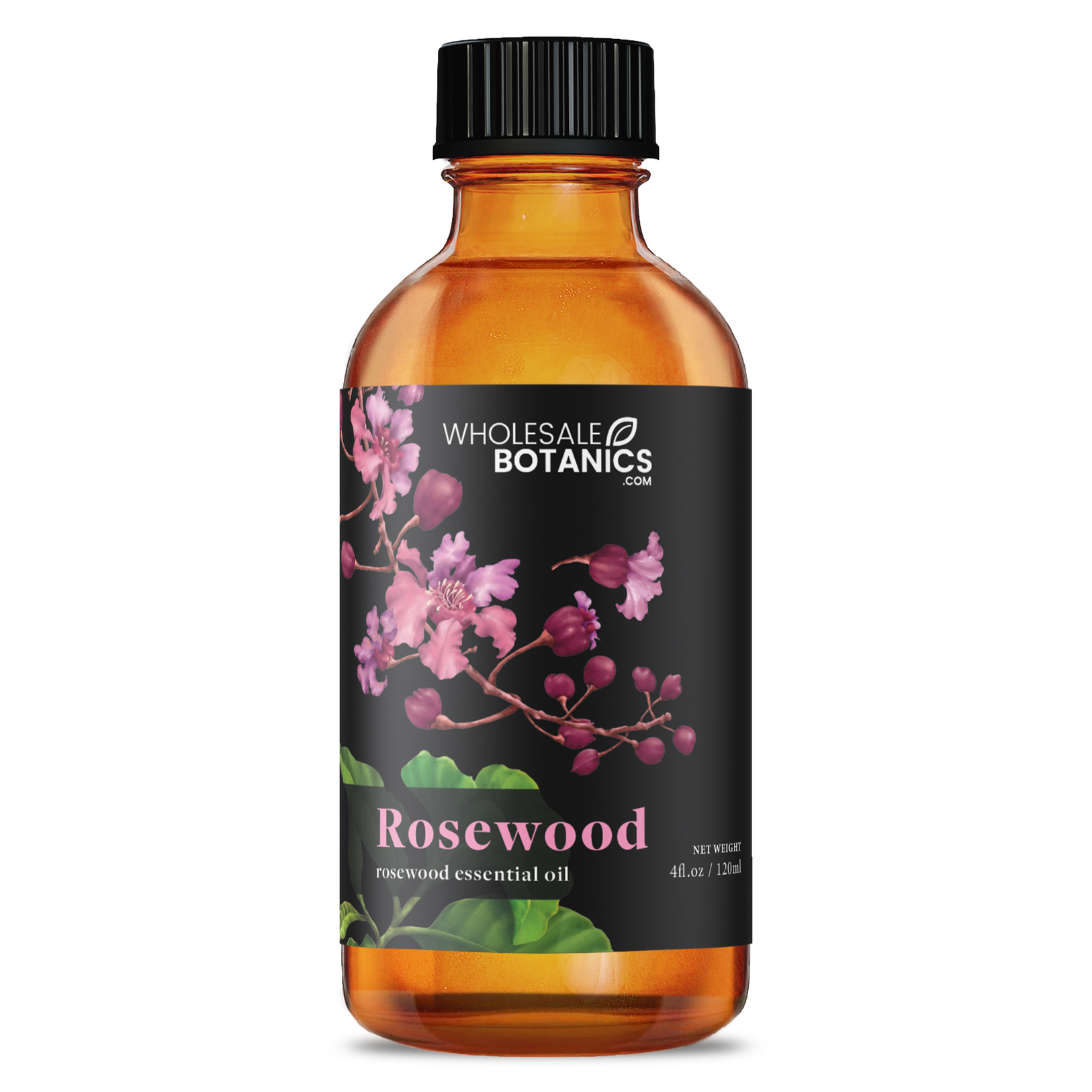According to this lab tech's post I found on Reddit: Dr. Ducks Axe Wax and most of the string and fretboard oils are just mineral oil with a lemon scent.
"So I am a lab tech by trade, and I wanted to buy some oil and saw all the options. So I went searching for their MSDS to compare the components they contained to figure out which one I should go for.
Well, every lemon oil/fretboard conditioner I checked (all the big brands; Dunlop, D'ADDario, Dr.Duck, Music Nomad and more) are 100% White Mineral Oil (CAS# 8042-47-5).
Stuff that is supposed to make your strings slick too, like Dunlop 65 Ultra Glide is just mineral oil with <1% silicone oil (Dimethicone) added.
And the different brands have different colorings and scents.
So, on to the savings part. Checked a couple of non-additive baby oils, guess what, same exact white mineral oil (CAS# 8042-47-5).
Using CAS number is the best way to identify same compounds, as one compound will only have one CAS number, but the chemical and trade names can be plentiful and confusing.
And a bottle of 500ml Johnson's Baby oil is about 2$ and a bottle of 50-100ml "Lemon oil" is 5-10$.
That's a nice mark up, no wonder everyone has their own Lemon oil to sell you."
Lew again now: So the Howard Cutting Board Oil I use is harmless and 100% pure food grade mineral oil.
It's the same oil used in baby oil and in most all of the expensive fretboard oils before they add scent and (sometimes) silicone.
That's according to that guitar playing lab tech who wrote that post on Reddit.
I'm glad Dr. Duck is making a nice living. No knock on Dr. Duck. I wish I'd thought of it!


